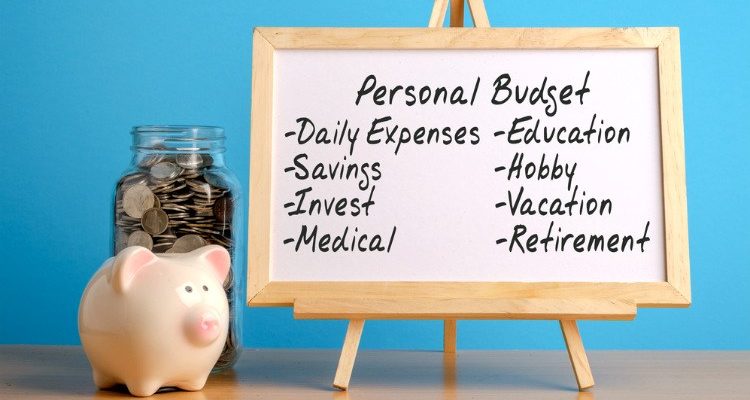
Why Is a Personal Budget Important?
- Mark Edwards ·
- 0 Comments ·
- December 13, 2017
I’ve made a career out of offering sound financial advice to others, so as a man who aims to ‘walk the walk,’ I always strive to keep my own personal finances in shape. One crucial and simple strategy for this? A personal budget. A monthly budget is a great way to ensure that I’m spending my money on the things I really need, and not spending more than what I have. For me, I’m a guy who like to eat, so a budget is one way I make sure I have enough money to cover my bills before I take a nosedive into the craft beer and nachos.
How to Start Controlling Your Budget
So how do you make sure those bills get paid, and create a budget for you or your family? Start by looking at the major expenses in your life you currently pay on a monthly basis. Examples are costs like your mortgage, rent, credit card, student loans, water bill, heating and electric, groceries, and toiletries. Some of these expenses will be the same every month, such as your mortgage, rent, or student loans. For these expenses, you can record the same amount for each month. For others, they may vary slightly from month-to-month, such as your water bill or gas and electric. For your gas and electric for example, you might want to prepare for a smaller bill in the summer months, and higher bills in the winter. Expenses like groceries and toiletries may vary even more depending on factors such as if you buy in bulk, but since these fluctuations can be difficult to predict, I would just figure out a rough estimate of your expenses for the year, and split it evenly across the months.
Comparing Your Budget with the Previous Period
Once you have a good idea of your monthly expenses, factor in expenses that only hit in certain months. For example, consider things like a bi-annual or annual car insurance bill, gifts for friends and family during the holidays, or your year-end taxes. Record those expenses in the months that they’ll hit. Once you have all your main expenses covered, you’ll want to add up your total planned expenses for the year. Compare this against your yearly salary, and see what money you have leftover. This is where it gets fun. Now that you know you already have your basic necessities covered, what to do with the rest of your money is up to you. Some good ideas would be saving that money for retirement if you’re not already doing it, or paying any remaining credit card debt. If you already have some dough in the bank for retirement and your credit cards are paid off, you could put that money toward a much deserved vacation, or save up for a new car. Maybe you need money for after school activities for your kids, or maybe you want to put some money into a new hobby, like say, home beer brewing.
Analyzing the Results
Once you go through a full year on your budget, take some time at the end of the year to review it and see how well you stuck with it. Get a sense for what worked with your budget and what didn’t, and use that information to make next year’s budget even better. After a few rounds of this, you’ll be a budget-making pro. You’ll have more control over your financial situation, and you’ll be better equipped to make smart decisions with your money that will help you lead the life you want to live.
